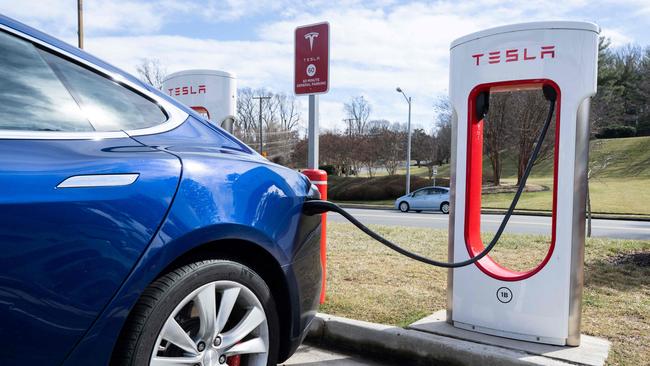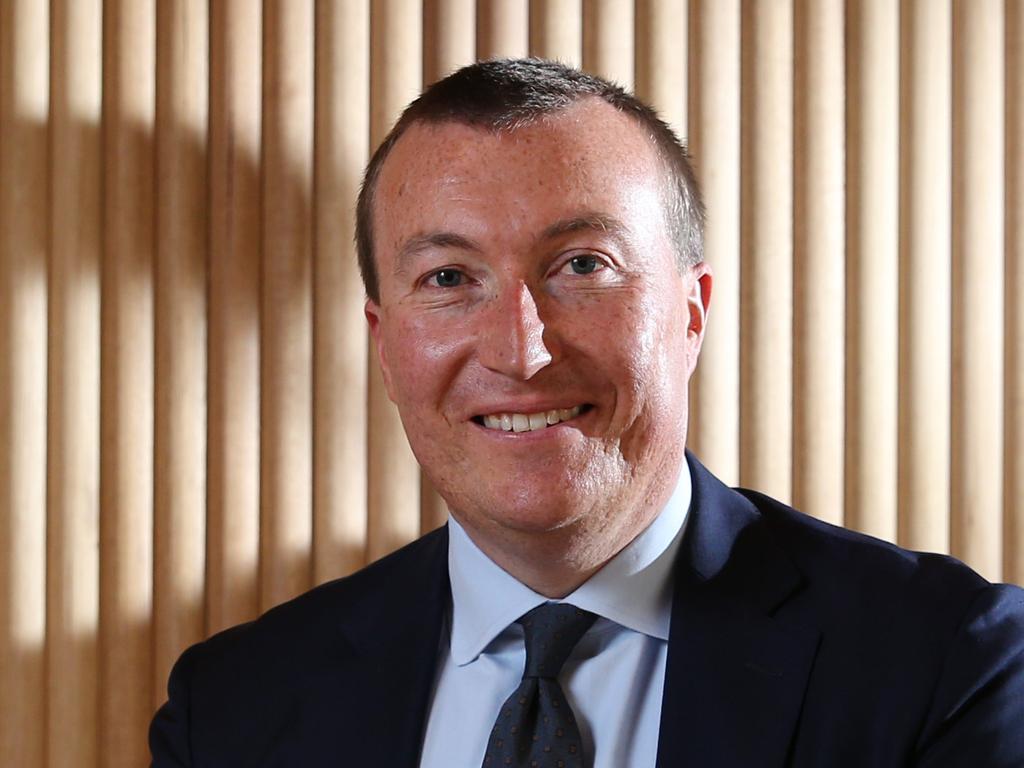Call for regional mineral processing hubs support
Experts are urging the government to back regional minerals processing hubs, streamline project approvals and try to attract battery makers to boost advanced manufacturing.

The federal government should back regional minerals processing hubs, streamline project approvals and try to attract the world’s biggest battery makers to boost advanced manufacturing, industry experts say.
The comments come after Prime Minister Anthony Albanese last week promised greater government intervention to help rebuild Australia’s faltering manufacturing centre, promising to bring together more than $20bn worth of existing programs promised by Labor before the last election under a single “Future Made in Australia” banner, backed by legislation. Mr Albanese did not single out battery manufacturing, or allied industries such as the high-intensity magnets needed for wind turbines, but federal Resources Minister Madeleine King identified both sectors as key targets for support in the upcoming federal budget, as the government looks to support critical minerals mining to move further downstream.
“We want that part of the Future Made in Australia because we have those natural resources and we really need to capitalise on it,” she said.
The best means to make that happen has been the source of significant debate in both the mining and manufacturing industry, but industry experts say the government should invest in the broader infrastructure needed to create production hubs around the industry. That includes streamlining approvals processes to make sure investment can be deployed quickly, but also ensuring competitive power and water prices, as well as investing in basic research to help industry catch up with the massive investments made by China in the complex chemistry needed to build batteries and process difficult ores.
Future Battery Industries Cooperative Research Centre (FBICRC) chairman Tim Shanahan said the government package needed to level the investment playing field to try to attract “lighthouse companies” to set up manufacturing plants in Australia.

The FBICRC has been a champion for funds to back the basic science to grow Australia’s knowledge base, but Mr Shanahan said the government also needed to target major manufacturing companies – such as battery makers such as Tesla and Panasonic – that had already developed their own expertise.
“We can develop some of this technology ourselves. We need to attract leading international companies with the right business conditions to secure their investment and we need to help these businesses succeed by building a competitive ecosystem around them,” he said. “Australia can be competitive in manufacturing, but we need to develop a competitive and integrated manufacturing ecosystem.”
Melbourne-based engineering firm GHD has been designing and building processing plants for Australian mining companies for decades, and will be presenting its vision for production hubs at the Battery Minerals Conference in Perth on Monday.
GHD Australian Energy and Resources leader Paul Greaney told The Australian that, despite Australia’s mining expertise, government support was needed in the face of subsidies on offer overseas. Mr Greaney said a key area of support should be helping Australian companies take advantage of our mineral wealth by putting the basic infrastructure to help industrial development take place near where the minerals are produced, rather than in capital cities.
“I think the biggest bang for investment by government is in the infrastructure that will be common to particular hubs, that will become centres for development of particular products,” he said.
Building processing centres near major mining hubs in the Pilbara or other regional centres would eliminate the cost of transporting ore or concentrate over long distances, he said, making Australian manufacturing more competitive.
But to work, that would mean the government would need to support the provision of power and water to isolated sites, as well as speeding up approvals processes, he said. “But this incentive is really a great step in the right direction, to give the confidence to a lot of investors that Australia is somewhere that is a lot more attractive than it was the day before this announcement.”
Iluka Resources chief executive Tom O’Leary has been outspoken on the need for Australia to use the booming demand for critical minerals to build an onshore mining and processing industry, and the company is a beneficiary of a $1bn government-backed loan for its Australian-first rare earth processing plant in WA.
Iluka has also flagged an interest in moving further down the supply chain, and Mr O’Leary has previously said the government should consider reserving some critical minerals production from international markets to help boost downstream manufacturing.
The Iluka boss welcomed the federal government’s announcement on Friday, and said state governments needed to get on board with a new federally-led manufacturing policy.
“Iluka has long been an advocate of developing an Australian rare earth industry that – in both production and price settings – is genuinely independent. Policy alignment across Commonwealth portfolios; with states and territories; and, where appropriate, with our strategic partners overseas will be critical to achieving this,” he said.






To join the conversation, please log in. Don't have an account? Register
Join the conversation, you are commenting as Logout